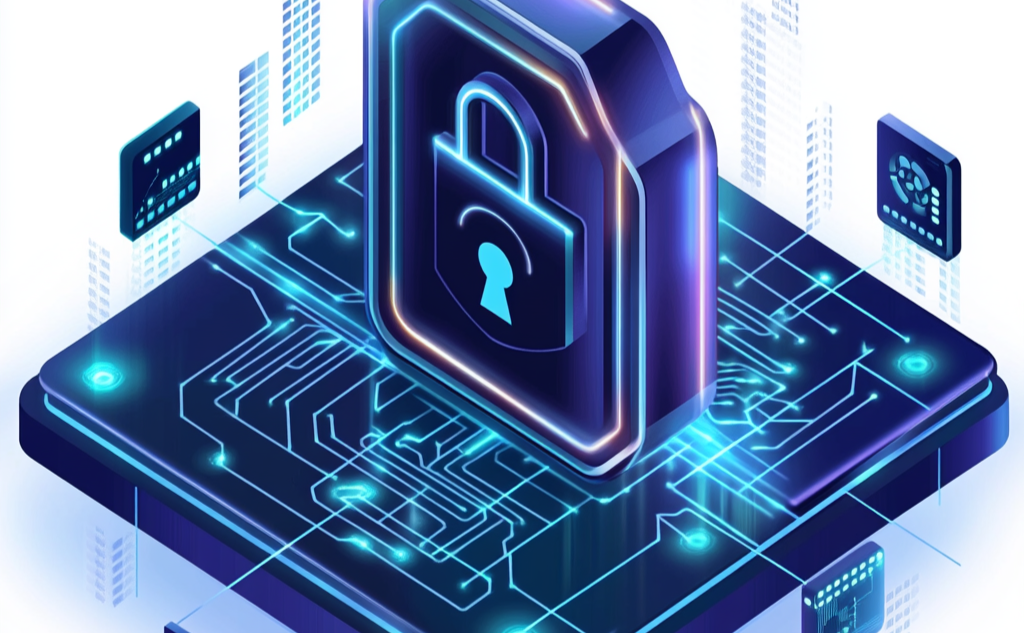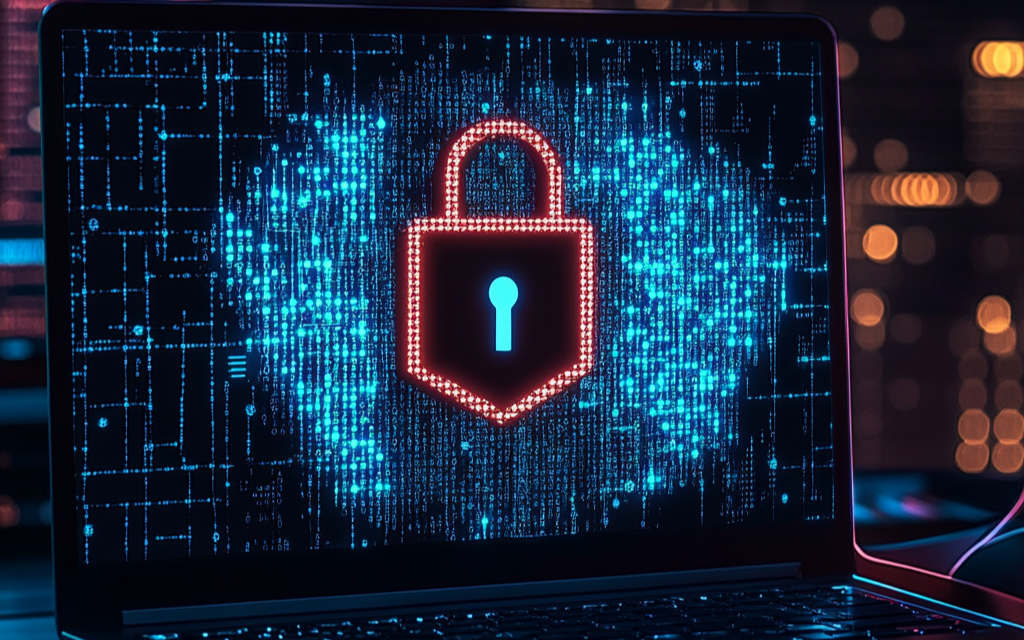In today’s digital world, small businesses are an increasingly likely target for cybercriminals. With cyberthreats like ransomware and phishing on the rise, securing your business network and endpoints has never been more crucial. One of the best ways of safeguarding your systems is with an Endpoint Detection and Response (EDR) solution.
For small businesses, it might be daunting to know what the best EDR for small businesses needs, with the variety of options available. In this article, we will enumerate the most important features you should look for in selecting an EDR for a small business in 2025. We will also examine why EDR for business is instrumental in protecting your business from modern cyber threats.
What is EDR?
EDR for small business solutions is designed to provide continuous monitoring, threat detection, and real-time incident response for what occurs on your endpoints. Endpoints include devices such as laptops, desktops, and mobile devices connected to your network and, hence, hit by cyberattacks.
A commercial EDR works by monitoring activity on such devices, identifying malicious activity, and allowing you to respond immediately to limit any damage. Advanced EDR solutions utilize techniques such as machine learning, behavioral detection, and real-time monitoring to identify threats, both known and unknown.
Why is EDR Important for Small Businesses?
Small businesses often operate with limited IT resources, making them attractive targets for cybercriminals. Without the appropriate security infrastructure in place, a single breach could compromise your business data and harm your reputation. This is where EDR for small businesses comes in—it provides a level of protection that traditional antivirus software cannot match.
With an advanced EDR solution in place, you have your devices under constant monitoring for any potential threats. With real-time threat detection and automated response, EDR for business reduces risks and allows your business to keep operating nonstop even while you are under attack.
Key Features to Look for in the Best EDR for Small Businesses
When searching for the best EDR for a small business, it’s crucial to consider features that can offer the highest degree of protection for your business. The following are some of the most important features to keep in mind:
1. Real-Time Threat Detection
One of the most critical features of a business EDR is real-time threat detection. Advanced EDR tools monitor endpoints relentlessly for abnormal behavior or patterns that could indicate a cyberattack. The ability to detect such threats in real time allows your security team to respond promptly, halting attacks from spreading or causing significant damage.
All of these solutions of EDR in small businesses are using machine learning to recognize both known threats as well as unknown threats, such that even new attacks are detected before they can harm systems. Such real-time detection is paramount with the knowledge that cybercrooks keep innovating new means through which to skirt traditional security protection.
2. Automated Response Capabilities
Time is crucial when a threat has been detected. With manual response, there can be a delay that can allow the attacker to cause greater harm. Advanced EDR solutions offer automated response capabilities that can take action automatically to quarantine infected endpoints, terminate malicious processes, and block malicious traffic.
For small businesses, this automation is especially important because it reduces the burden on your security team and minimizes the risk of human error. Automated responses can help mitigate threats before they spread across your network, providing an essential layer of defense.
3. Comprehensive Threat Intelligence
The top small business EDR should have strong threat intelligence that keeps your company up to speed on the latest security threats. Having access to a dynamically updated database of known malware, vulnerabilities, and attack vectors would be part of this.
Advanced EDR solutions usually come with threat intelligence feeds, which enable your security team to react to threats using the latest information and data. With the integration of threat intelligence, business EDR solutions guarantee your company is always protected from the latest threats, which is crucial in 2025 when cyberattacks are becoming more sophisticated.
4. Endpoint Visibility and Monitoring
Having the ability to have complete visibility across all endpoints in your organization is crucial for effective cybersecurity. Small business EDR solutions provide detailed monitoring of each device that is connected to your network, from desktops and laptops to mobile phones.
This visibility allows your security team to identify potential threats, for example, unpatched software, unauthorized access attempts, or abnormal user behavior. In case of a security breach, endpoint data also assists in tracking the source of the attack and the affected systems.
5. Incident Investigation and Forensics
When the security breach occurs, it would be wonderful to know how the breach was carried out, what systems were targeted, and what data was compromised. Advanced EDR solutions typically come with strong investigation and forensic features to enable you to conduct a rich analysis of security incidents.
These tools provide you with full logs of endpoint activity, and you can trace the attacker’s footprints and see how the breach was carried out. This not only provides you with an understanding of the attack but also assists you in hardening your security posture and staying compliant with regulations.
6. Scalability
As your small business grows, your cybersecurity needs will evolve. It’s essential to choose an EDR for a small business solution that can scale with your organization. Many EDR for business solutions are designed to be flexible, allowing you to add more endpoints, integrate with other security tools, and adjust coverage as your business expands.
Scalable EDR for business solutions ensures that your security system grows with you, providing continuous protection without the need for major system overhauls.
7. User and Device Control
Controlling access to sensitive data is one of the core principles of cybersecurity. Advanced EDR systems should provide controls that allow you to manage user permissions and restrict access to sensitive files or systems.
These tools help enforce security policies, ensuring that only authorized personnel can access critical data. With EDR for business, businesses can set policies to block unauthorized applications, restrict file transfers, or limit access to specific resources, enhancing overall security.
8. Cloud Integration
With more small businesses migrating to cloud environments, integrating EDR for small businesses with cloud-based systems is becoming increasingly important. Advanced EDR solutions should provide support for cloud applications and hybrid environments, ensuring that your business’s security remains consistent across on-premises and cloud-based systems.
By integrating EDR for business with your cloud infrastructure, you can ensure that both your physical and virtual endpoints are protected. This integration helps provide a holistic security approach that covers all areas of your IT environment.
9. User-Friendly Interface
As a small business owner, you may not have a dedicated security team to manage complex cybersecurity tools. That’s why it’s essential to choose an EDR for a small business solution with an intuitive, user-friendly interface.
The best EDR for small businesses should be easy to deploy, configure, and monitor, with clear reporting and alerts. A simple interface allows you to quickly assess your security status, understand ongoing threats, and take immediate action when necessary.
10. Cost-Effective
For small businesses, budget constraints are always a factor when selecting security solutions. Fortunately, many EDRs for business solutions are designed to offer enterprise-grade protection at a price that’s suitable for smaller organizations.
While advanced EDR solutions can be an investment, the cost of a data breach or system downtime can far exceed the price of implementing an EDR for a small business solution. Consider the long-term value of protecting your business against cyber threats, and choose a solution that offers the best features within your budget.
Conclusion
In 2025, the use of EDR for small businesses cannot be overstated. Cyber attacks are becoming sophisticated, and small businesses need proper tools to protect their networks and data. In selecting the best EDR for a small business, look for such features as real-time threat detection, automated response features, full endpoint visibility, and scalability.
Investing in future-proofed EDR for your business is a proactive measure to assist in keeping your business protected from cyberattacks. Picking the perfect mix of features, cost-effectiveness, and simplicity by a solution that aligns with your business will strengthen the cybersecurity profile and protect your business from becoming a target.
Based on whether you need to strengthen your existing security solution or implement a new one, business EDR is a smart business move to make for small enterprises, mid-market businesses, and large corporations.


